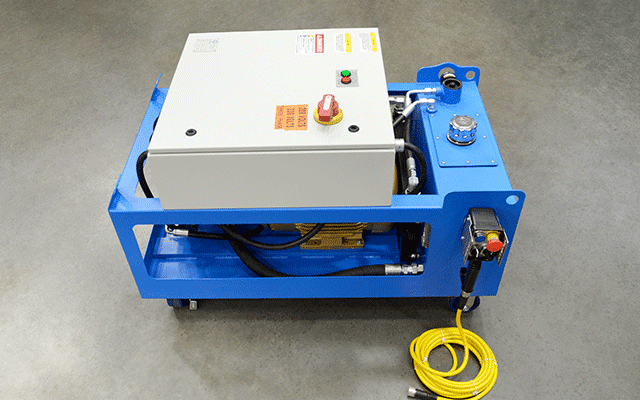How To Start A Food Business: 5 Tips To Get You Started

Starting a food business can be difficult and overwhelming initially, but it doesn’t have to be. This blog’s five tips can get you off on the right foot and make the process easier. From Christmas party food ideas from brands like The Sausage Man Food to strategies for how to start a food business and expand your business, this blog will provide valuable information that anyone looking to enter the food service industry needs to know. Stay tuned for clear, actionable advice, from setting up your space to registering with health officials. We hope that by the time you finish reading our post, you will feel ready to dive into your business dreams with renewed confidence and enthusiasm!
What you need to know before starting a food business
Starting your own food business can be an exciting journey, but it also requires a lot of dedication and prior research. Before beginning, evaluating costs related to renting or buying kitchen space and the licenses and permits needed (including health department-approved cooking areas) is important. If hiring staff, ensure you understand the legal requirements involved with payroll, taxes and insurance. Lastly, budgeting for supplies (including the cost of ingredients used for your recipes) needs to be considered; this will help ensure that you consider the overall cost of running your business in the long run. With these factors in mind, you will be better prepared for this culinary adventure!
How To Start A Food Business: 5 Tips To Get You Started
Starting a food business is an exciting venture for any aspiring entrepreneur. It’s also a great way to make a living but it comes with challenges. Before you open your doors, there are five important tips to help ensure that you’re well on your way to success. First, research the market and comprehensively understand the competitors in the area. Next, secure potential financing options and consider opportunities such as federal grants or angel investors. Thirdly, develop a business plan that outlines the goals, strategies and resources necessary to run your business successfully. Fourthly, select appropriate kitchen equipment based on size and items needed to prepare meals efficiently. Lastly, create an effective marketing strategy so that people know about your food business and can connect with it online or offline. These steps will help you launch your business successfully and reap the rewards for years to come!
Pros and Cons to weigh when starting a food business
Starting a food business is an exciting endeavour. However, many considerations should be considered to ensure your venture is successful. The pros for beginning any type of business include setting your hours, the potential to increase income, and exercising creative control. On the other hand, looking at the cons can help understand what will take more time, such as obtaining permits, researching the market and staying on top of the competition. Finally, it’s important to know what resources are available in your area and to calculate long-term goals to ensure you maintain your ambition during any obstacles you may encounter. Ultimately, research and strategic planning can lead you to make an informed decision when starting a food business.




